The Russian State Duma passed a bill allowing Moscow to withdraw from the Treaty on Conventional Armed Forces in Europe.
"The definitive withdrawal from the Treaty on Conventional Armed Forces in Europe (CFE) is fully consistent with Russia's national interests in ensuring its security," Leonid Slutsky, chairman of the Russian State Duma's Foreign Affairs Committee, said today, after the bill submitted by President Vladimir Putin last week was passed by the Duma.
Russian State Duma Chairman Vyacheslav Volodin said the decision to formally withdraw from the CFE was made by lawmakers based on the interests of the country's people.
"Washington and Brussels, obsessed with the idea of building a unipolar world and expanding NATO eastward, have destroyed the system of ensuring global security," Volodin said. He accused NATO of being a "wolf in sheep's clothing" that "proclaimed itself for defensive purposes but brought suffering and destruction to Yugoslavia, Afghanistan, Libya, Iraq and Syria."
US and European officials have not commented on the move.
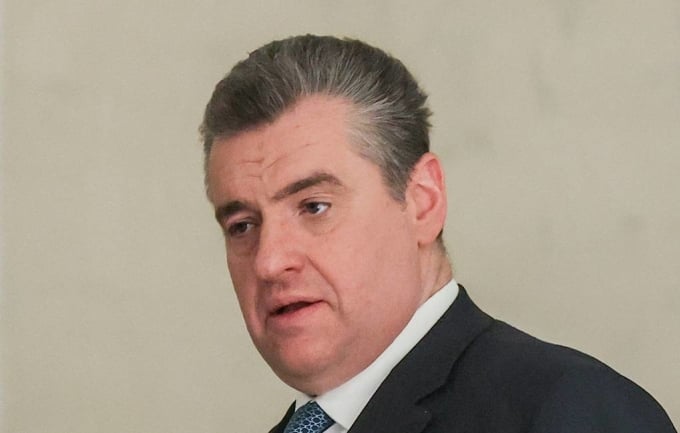
Chairman of the Foreign Affairs Committee of the Russian State Duma Leonid Slutsky. Photo: TASS
The CFE was signed in 1990 between NATO and Warsaw Pact countries to limit the number of tanks, armored vehicles, artillery, helicopters and fighter jets stationed in Europe, to prevent parties from concentrating large-scale forces for lightning attacks, and to establish a military balance.
Russia suspended the CFE in 2007, accusing NATO members of repeatedly violating the treaty and failing to ratify an updated version.
Russian Deputy Foreign Minister Sergey Ryabkov said on May 15 that the CFE "has long ceased to be relevant to reality" and "has not been effective for many years." Therefore, Russia's withdrawal from the CFE will not affect regional security, which has been damaged by NATO countries.
According to Mr. Ryabkov, the process of Russia's complete withdrawal from the CFE is expected to take 6 months and "the West should seriously consider this move".
Deputy Chairman of Russia's Security Council Dmitry Medvedev welcomed the decision, saying Moscow could now deploy weapons wherever it felt necessary to protect its national interests. He added that Russia would "maximize production of weapons, military equipment and means of destruction".
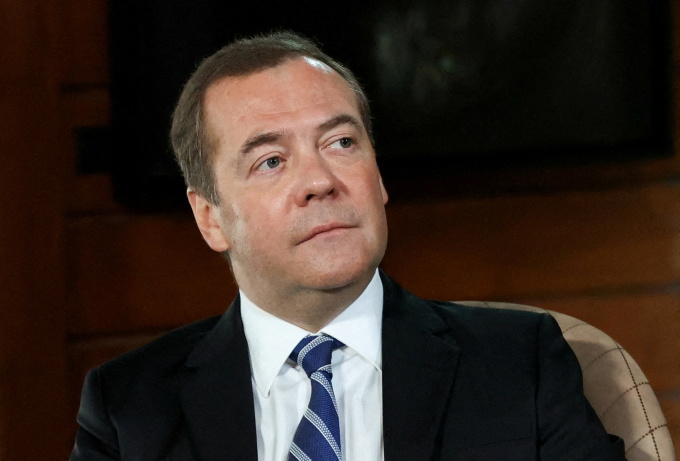
Deputy Chairman of the Russian Security Council Dmitry Medvedev gives an interview in Moscow in January. Photo: Reuters
Russia earlier this year suspended the New Strategic Arms Reduction Treaty (New START), accusing the United States and the West of violating the terms of the agreement, but pledged to maintain its obligations under the treaty.
New START, signed in the Czech Republic in 2010 under Russian President Dmitry Medvedev and US President Barack Obama, limits the number of strategic nuclear warheads the US and Russia can deploy, as well as the missiles, bombers and submarines to carry them.
The United States on May 15 made public data, saying that Washington had 1,419 nuclear warheads ready for deployment as of March 1, and called on Russia to do the same. Mr. Ryabkov today reaffirmed that Russia has no intention of making public data on its nuclear arsenal under New START.
"The treaty has been suspended," the official stressed.
Nhu Tam (According to RT, TASS )
Source link



![[Photo] National Assembly Chairman Tran Thanh Man attends the ceremony to celebrate the 1015th anniversary of King Ly Thai To's coronation](https://vstatic.vietnam.vn/vietnam/resource/IMAGE/2025/4/13/6d642c7b8ab34ccc8c769a9ebc02346b)

![[Photo] National Assembly Chairman Tran Thanh Man attends the Policy Forum on Science, Technology, Innovation and Digital Transformation](https://vstatic.vietnam.vn/vietnam/resource/IMAGE/2025/4/13/c0aec4d2b3ee45adb4c2a769796be1fd)

![[Photo] Prime Minister Pham Minh Chinh chairs the Government's special meeting on law-making in April](https://vstatic.vietnam.vn/vietnam/resource/IMAGE/2025/4/13/8b2071d47adc4c22ac3a9534d12ddc17)


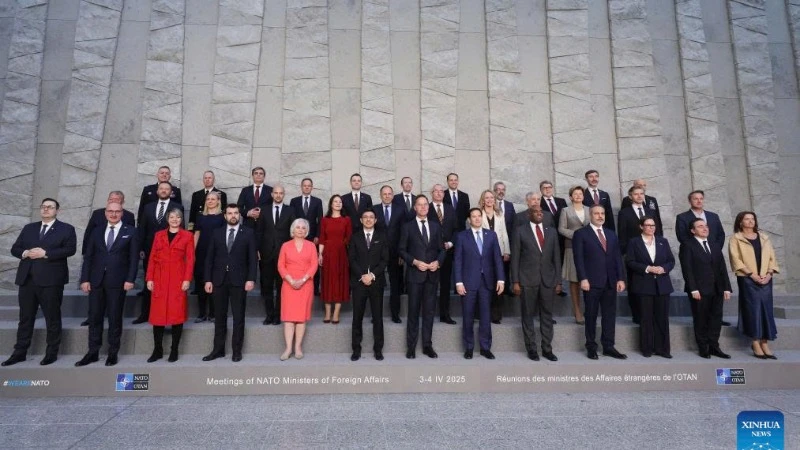

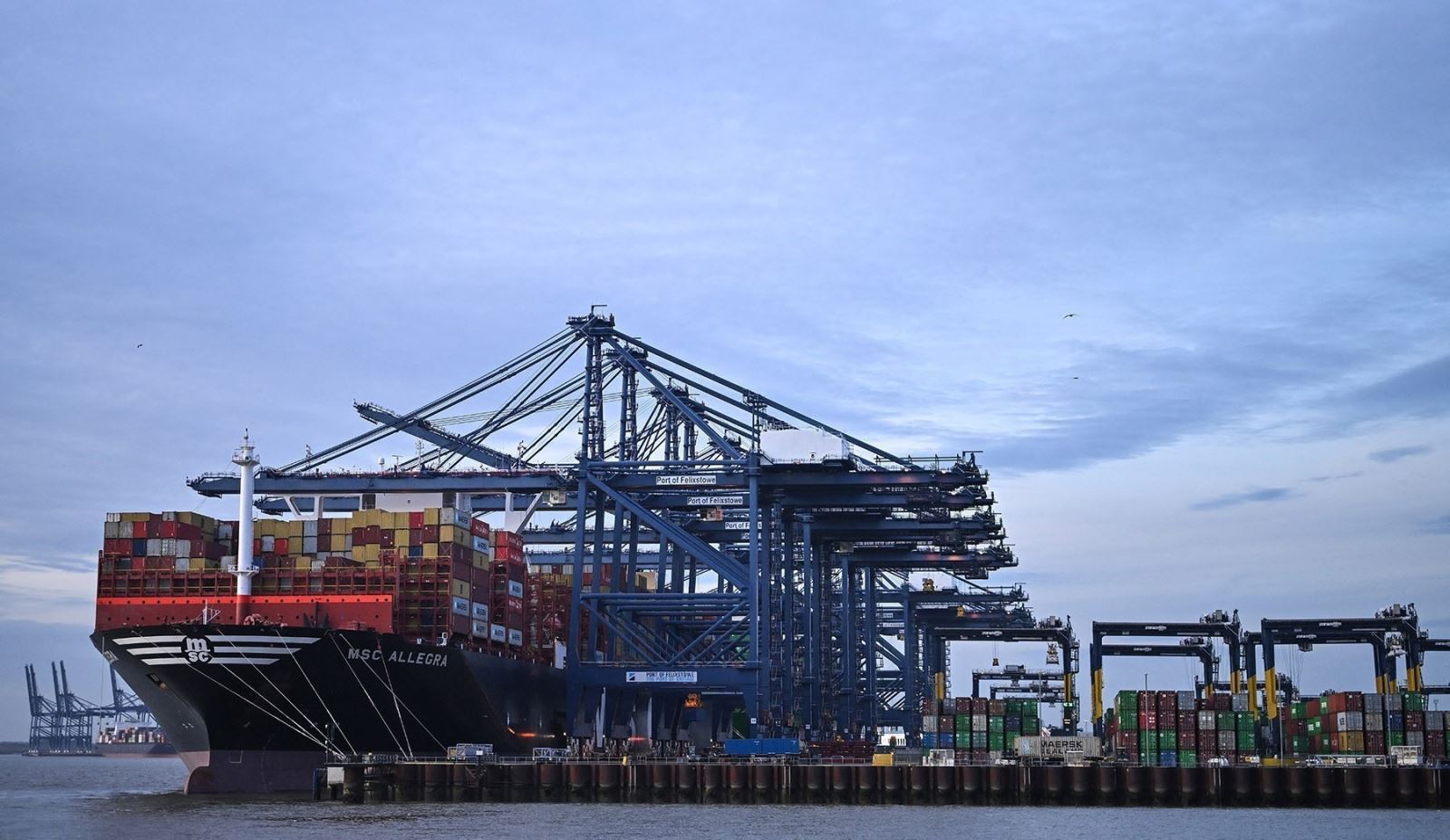






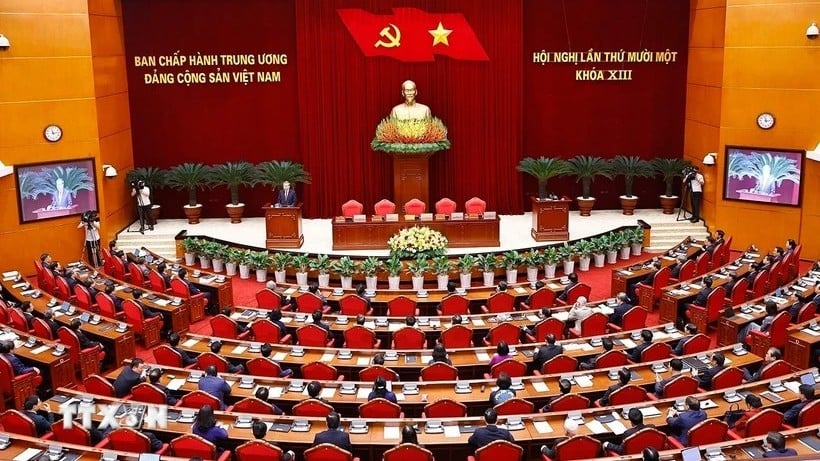














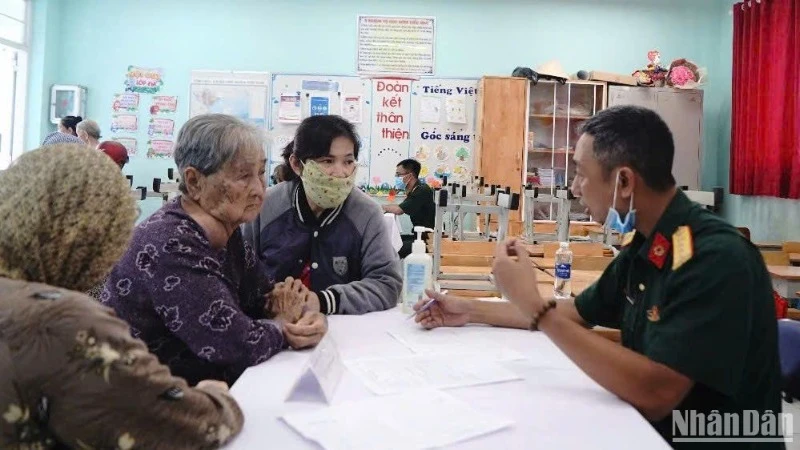












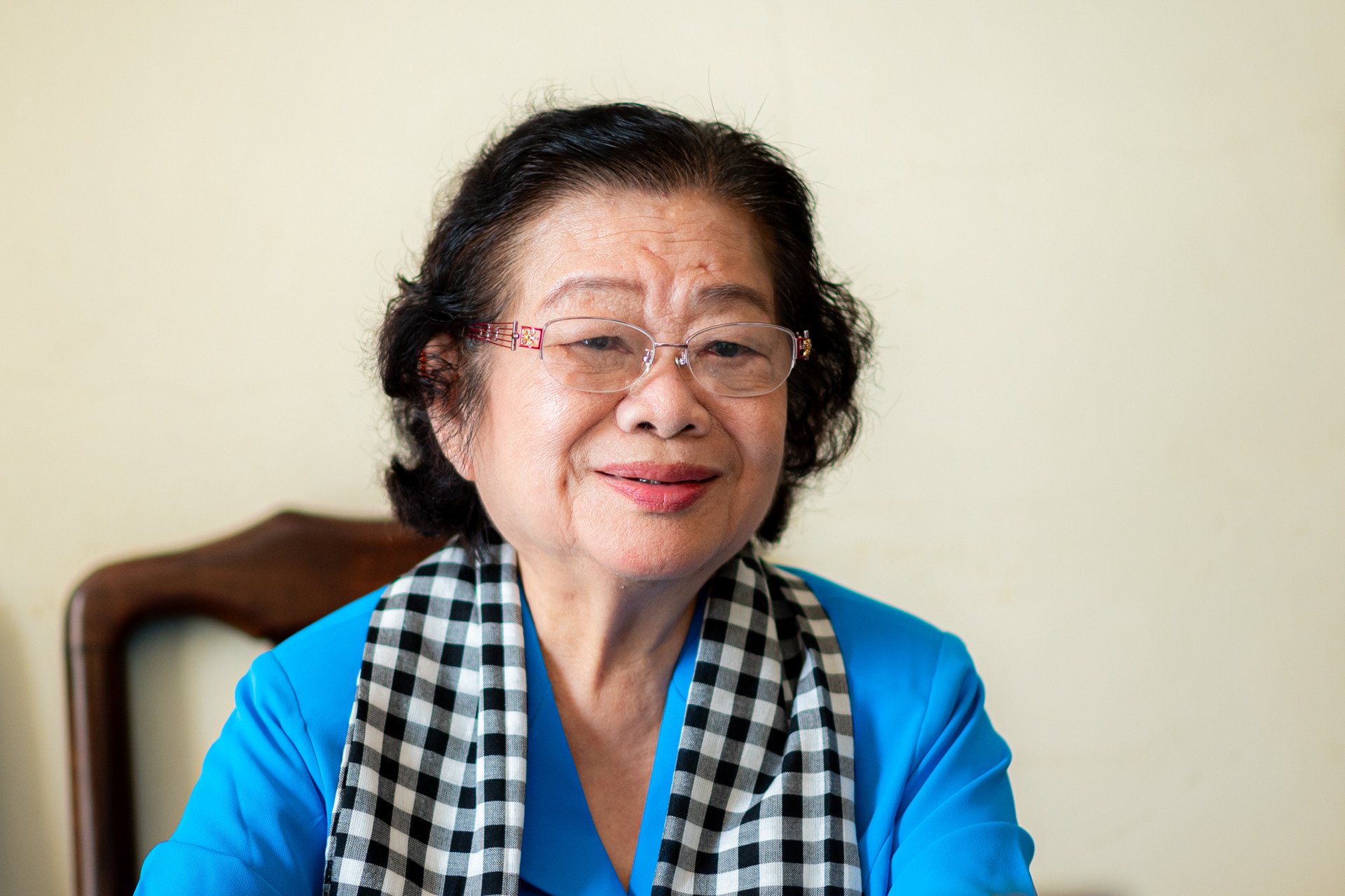















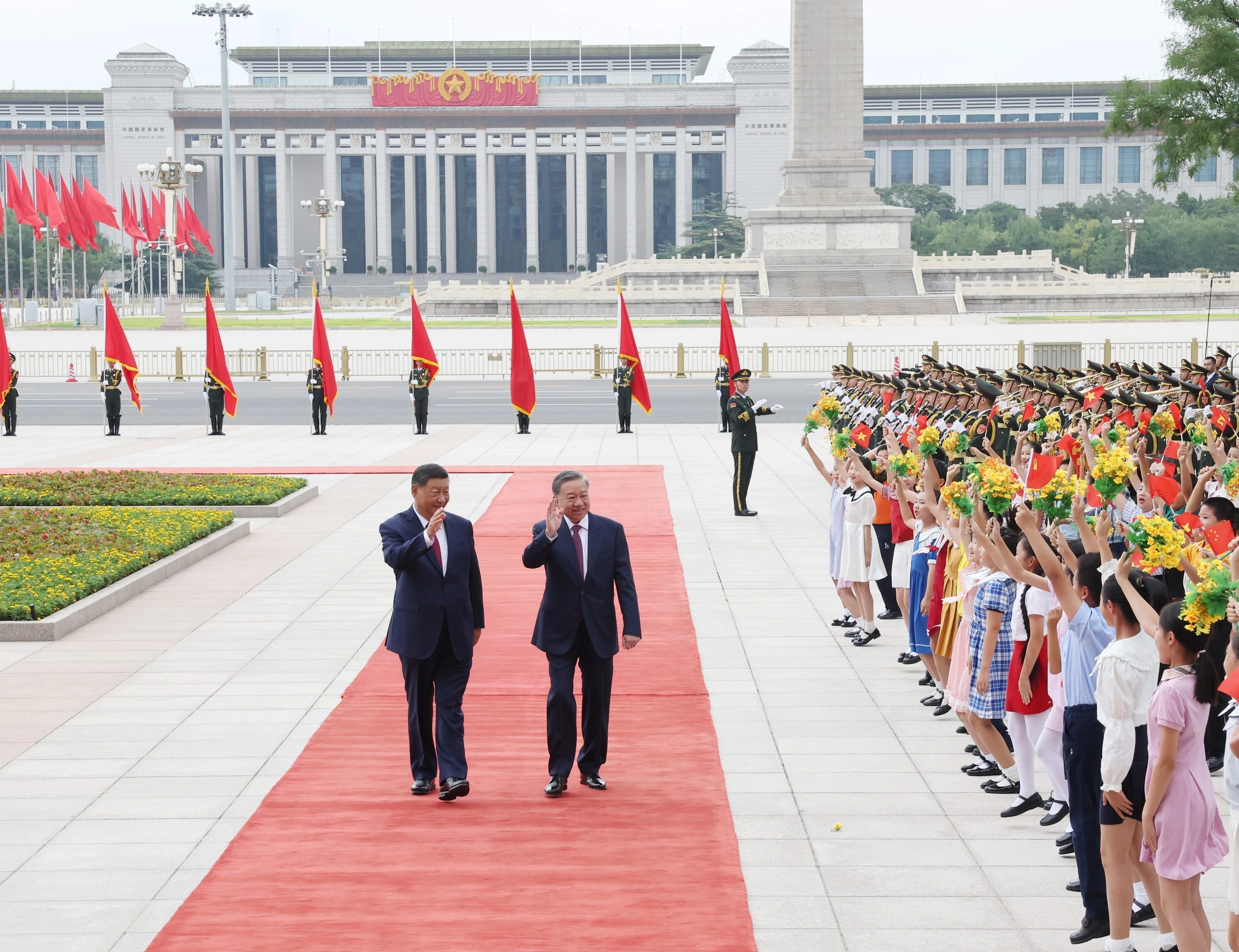

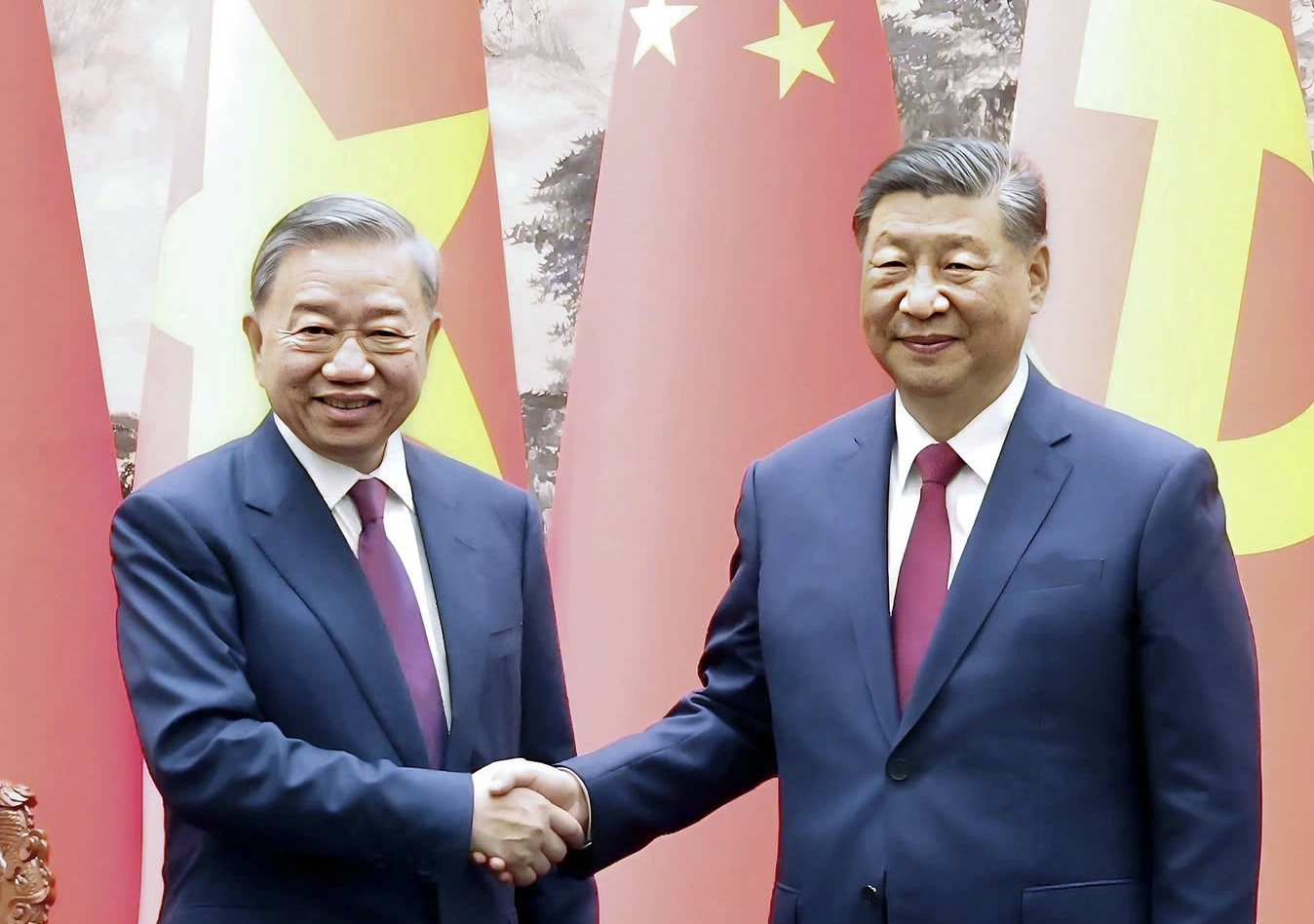


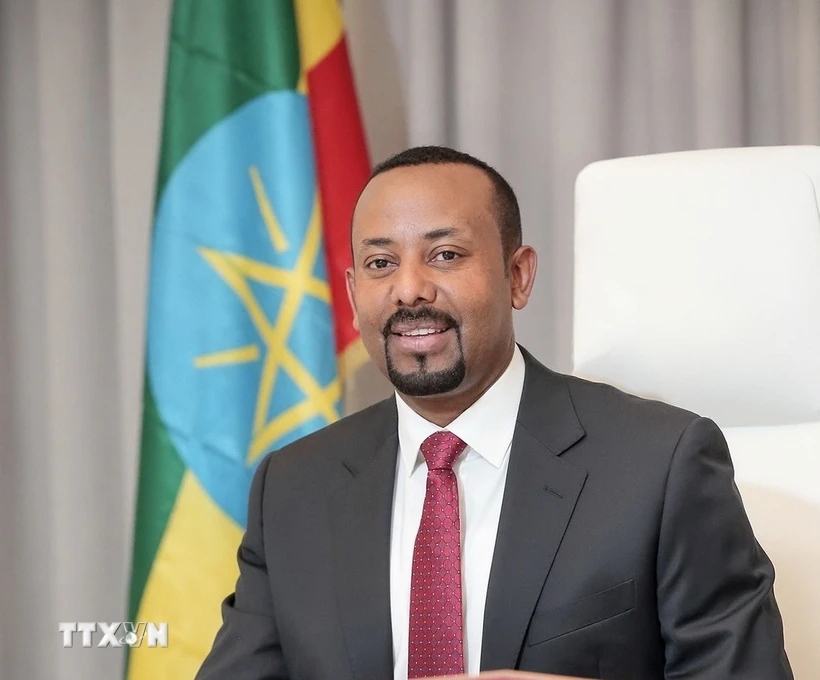

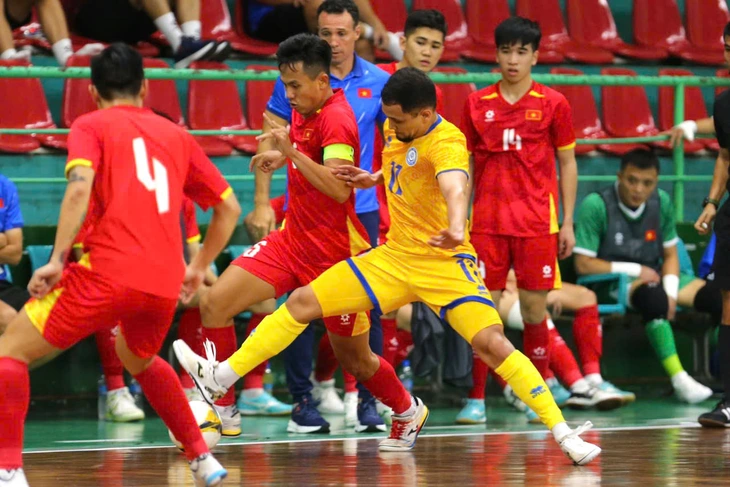
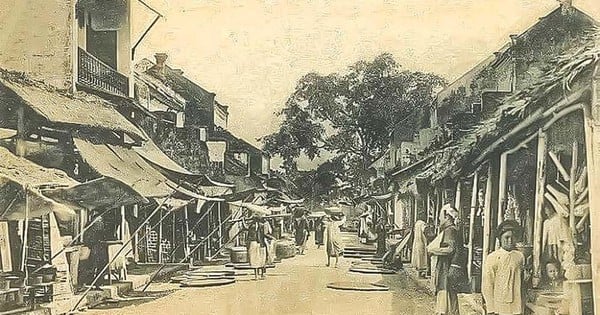

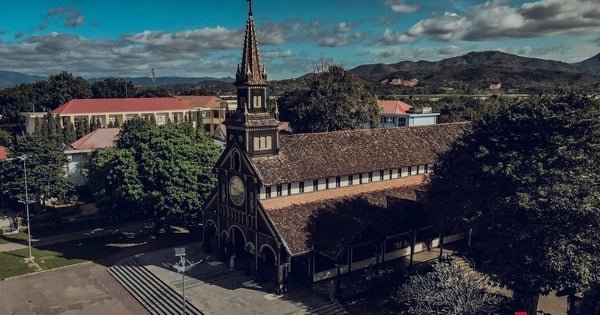





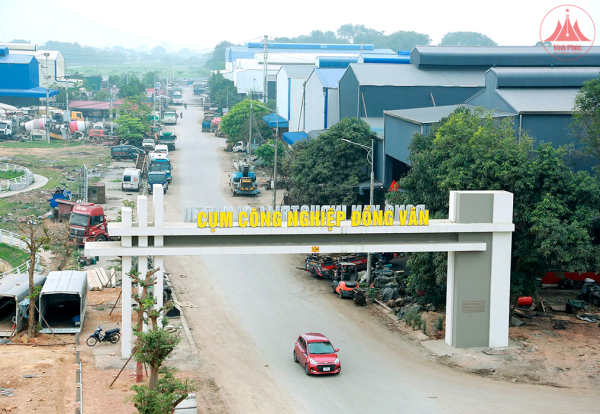

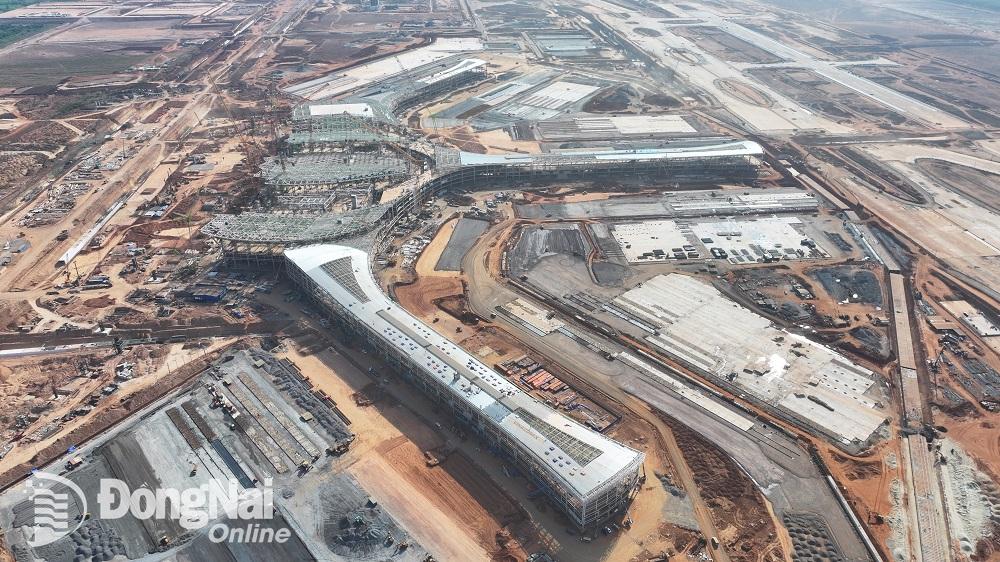



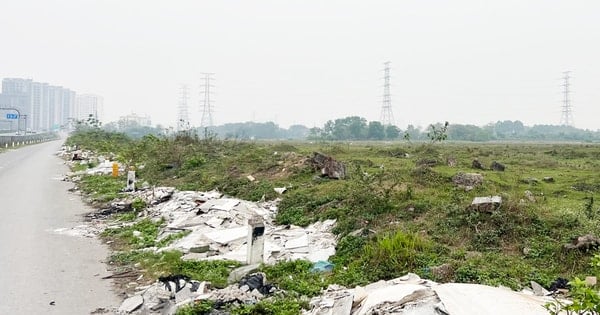

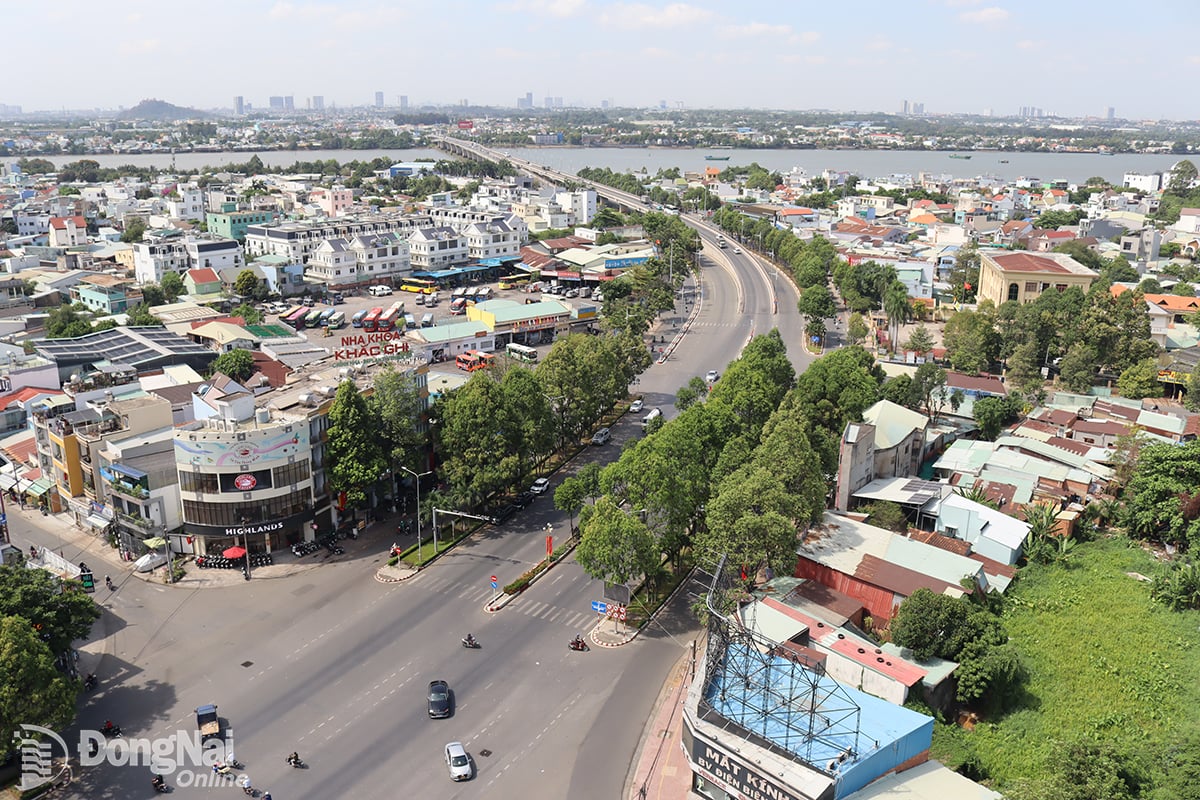











Comment (0)